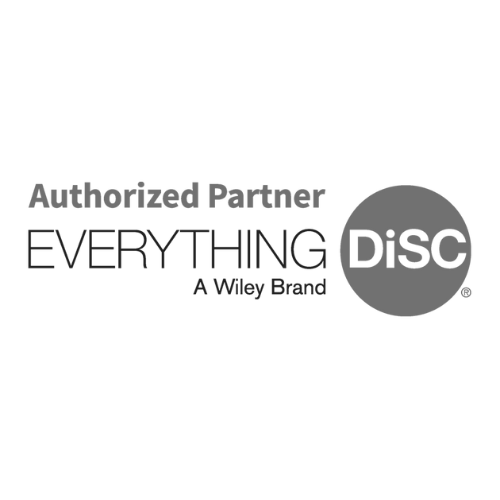Are your employee records filed correctly?
We are all aware that employee records should be kept in a secure, locked cabinet. But are you aware that not all employment documents should be kept in the employees’ personnel files? Some employment records contain information that managers should not have access to, such as medical data, protected class information, or Social Security numbers.
Managers should only have access to the personnel files. Personnel files should contain only documents that relate to an employee’s job duties, performance, or qualifications, such as:
Periodic employee performance evaluations and any disciplinary proceedings
Compensation changes, job transfers, or promotions
Job descriptions
Signed acknowledgements of company handbook and policies
Employment applications
Offer letters or any other written agreement between employee and employer
Separation agreements, resignation letters, and exit interviews
Documents that do not relate to the employee’s job should never be kept in the personnel file. This includes:
Anything related to employment eligibility, such as I-9 forms and copies of employment documents presented by employees
Any health information
Other private data, such as Social Security numbers or bank accounts
Employment verifications
Any documents containing information about a protected class, such as age, marital status, race, etc.
So where do you keep all of this other information?
Maintain a separate medical/confidential file. This might contain:
Hiring records such as drug test results, background/credit checks, and any other hiring documents that may contain protected class information or Social Security numbers
Any form containing Social Security numbers, such as W-4 and state tax forms or direct deposit forms
Benefit enrollment and beneficiary forms
Disability forms
Wage garnishments
Doctors’ notes
FMLA information
Maintain a separate file for all of your I-9 forms. Your payroll department should have their own files, which should include:
W-4 forms and state tax forms
Pay information
Payroll deduction authorizations
Direct deposit forms
Wage garnishments
Time-keeping records
If needed, maintain a separate investigation file for any harassment or grievance complaints. As well as a separate file for any workers compensation injuries or investigations.
And as always, please contact us with any questions and to see how we can help you!








